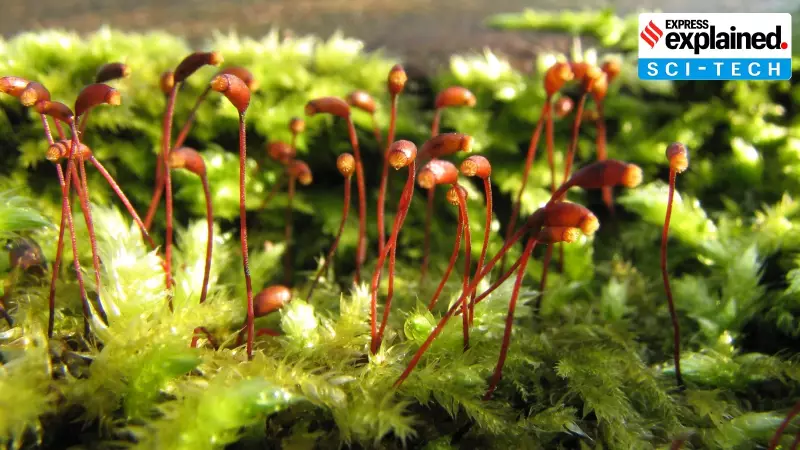
From Forest Floors to the Final Frontier: Moss Conquers Space
In a discovery that pushes the boundaries of our understanding of life's resilience, a team of scientists has proven that a common moss can survive a prolonged and hostile journey in outer space. This humble plant, often overlooked on Earth, has demonstrated an extraordinary ability to withstand the vacuum, intense radiation, and extreme temperature swings of low-Earth orbit.
The Groundbreaking Space Experiment
The ambitious study, titled 'Extreme environmental tolerance and space survivability of the moss, Physcomitrium patens', was published in the prestigious journal iScience. The experiment began in March 2022, when researchers secured approximately 20,000 moss spores on a platform outside the International Space Station (ISS). For 283 days—nearly nine months—these spores were exposed to the full fury of the space environment.
In January 2023, the spores were retrieved and brought back to laboratories on Earth. The results were staggering. Scientists found that more than 80% of the spores had not only survived the ordeal but, upon their return, all but 11% successfully germinated and began to grow under lab conditions. Analysis showed normal levels of essential chlorophyll pigments, critical for photosynthesis, with only a minor reduction in one type, which did not impact the overall health of the plants.
Unlocking the Secret to Moss's Space Hardiness
The key to this incredible survival, according to the researchers, lies in the moss's natural design. The reproductive tissue of the spores is protected by multiple layers of spore walls. This biological armour provides "passive shielding against space stresses", effectively deflecting cosmic radiation and other dangers without the need for active defence mechanisms.
This resilience is not entirely surprising, given moss's reputation on Earth. As one of the planet's earliest land plants, it has colonised some of the most extreme environments, from the frozen deserts of Antarctica to scorching volcanic fields.
Why This Discovery is a Game-Changer for Space Exploration
Extrapolating from their data, the scientific team, led by Tomomichi Fujita of Hokkaido University in Japan, suggests that moss could potentially survive in space for up to 15 years. This longevity opens up revolutionary possibilities for the future of human space exploration and habitation.
Moss will not be on the astronaut menu, but its role could be far more critical. As Fujita explained, it offers "insights into developing sustainable life-support systems in space." Imagine future bases on the Moon or Mars utilizing moss for:
- Oxygen generation through photosynthesis.
- Humidity control within enclosed habitats.
- Aiding in soil formation for growing other crops.
This tiny, ancient plant may well become a cornerstone of our efforts to become a multi-planetary species, proving that the solutions to giant leaps in space exploration can sometimes be found in the smallest and most resilient forms of life on Earth.






